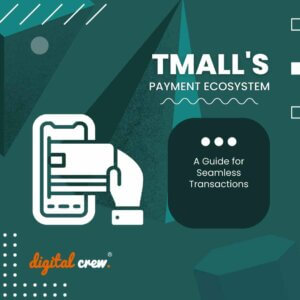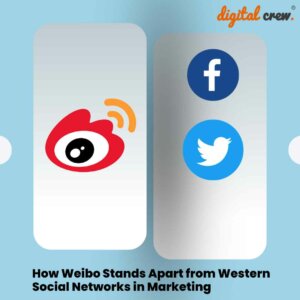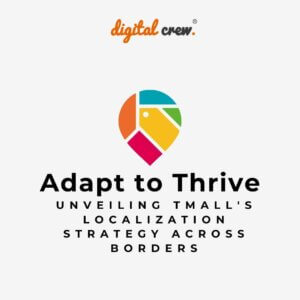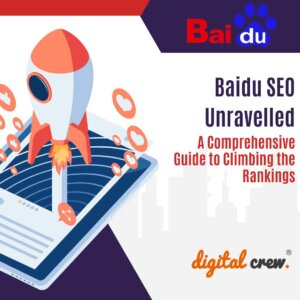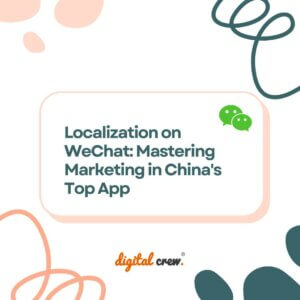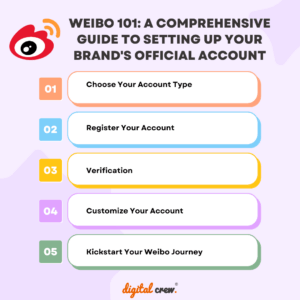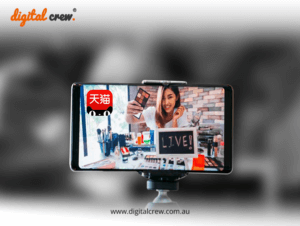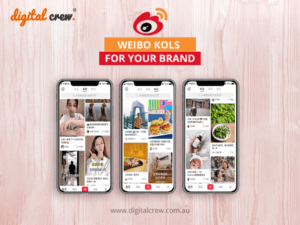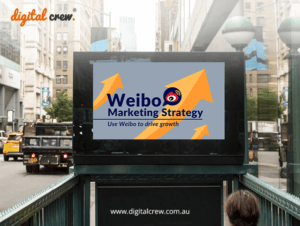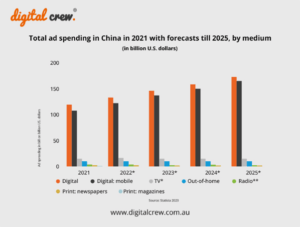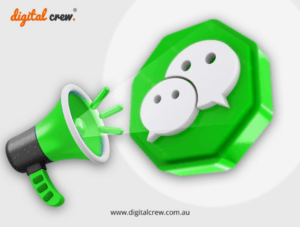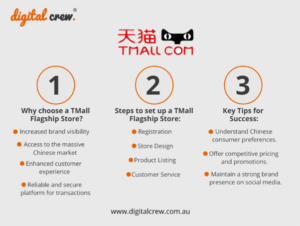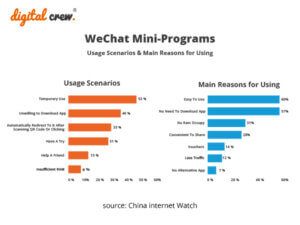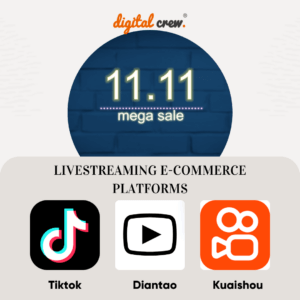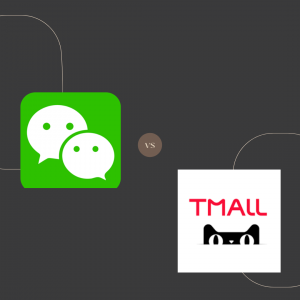How you go about generating leads naturally differs for business-to-business (B2B) customers compared to business-to-consumer (B2C). For a start, B2B lead generation often takes more time, as it involves building a high level of trust and taking steps to develop long-term business relationships.
There are a number of ways to generate B2B leads in China. Here’s what you need to know.
What is lead generation?
Lead generation refers to attracting interest in your brand and products, with the ultimate intention of converting those who show interest into customers.
These days, lead generation is often carried out online through websites, social media sites and online forms rather than through trade shows and phone calls (although these may still be used).
Tips for generating B2B leads in China
In China, connections are often developed online first before any face-to-face meeting. Your branding, website, social media presence and SEO can all contribute to generating leads online.
- Branding
The stronger and more trusted your brand is, the easier it should become to attract interest in what you have to offer.
This makes it important to develop strong brand strategies – such as taking steps to ensure your brand is visible online, that your service is consistent and high quality and that your business is committed to delivering on any promises made. Your branding should differentiate your products and services from the competition.
Your brand is also your story, so you should aim to weave storytelling and narrative into your content and communications, in order to connect in more ‘human’ ways with your audience. This may be particularly important in China, where storytelling has a long history.
- Localised website
A quality website is good for inbound marketing – where customers search for your product rather than the other way around.
It’s important your website is not just an adapted version of your western one, but that it has been designed specifically with a Chinese audience in mind. This means that – as for any type of marketing in China – the content should be produced in simplified Chinese by a Chinese-language speaker.
The content on your site should be high quality, providing useful and relevant information for your B2B target audiences.
It’s also important to develop quality landing pages – the ‘entry’ point to your website. After all, you want potential customers to take action (such as completion of an online form) rather than simply take a look and leave again!
- Search Engine Optimisation (SEO)
The better your site ranks with search engines, the more likely it is to appear at or near the top of search engine results pages.
This involves producing regular content that is optimised with specific keywords, and backlinks. For China, you will need to have your site optimised for local search engines, such as Baidu and Qihoo 360, rather than Google.
- Social media
While it can be easy to think of social sites as being more relevant for the B2C sphere, social media can provide good opportunities for conversations, content sharing and for promotion of your brand. Examples include WeChat, and B2B platforms such as LinkedIn China and Dajie.
- Advertising
Paid advertising such as PPC and banner ads can improve online visibility and increase your leads and conversions. It’s important to measure the impacts of all your advertising campaigns, so you know what works best for the future.
Next steps
If you need help getting started with B2B lead generation or any other aspect of Chinese digital marketing, get in contact with our bilingual team.














